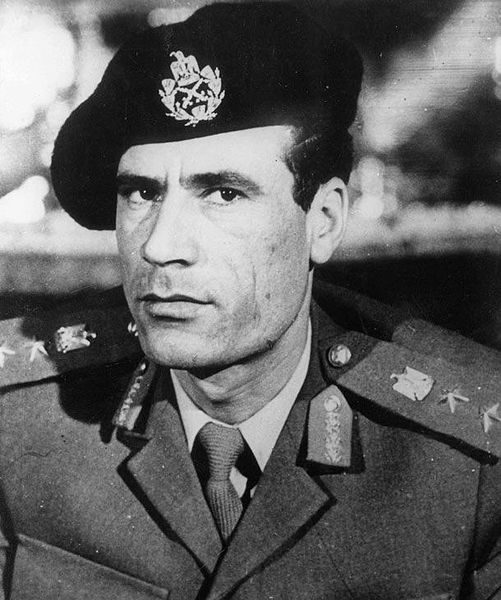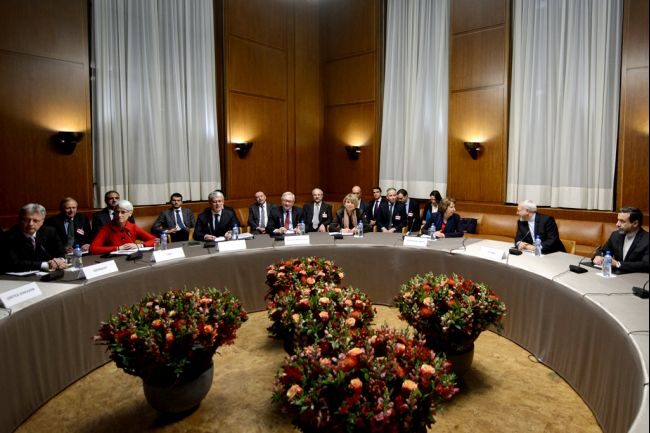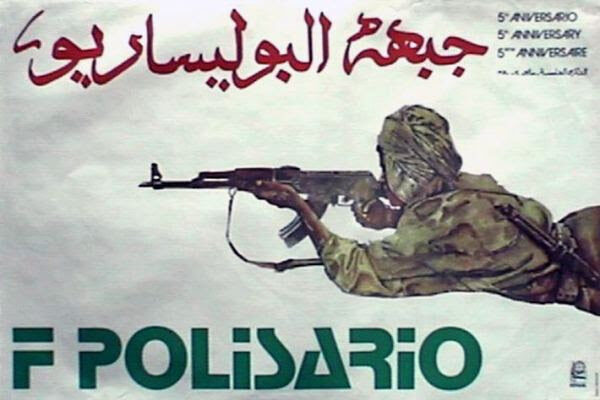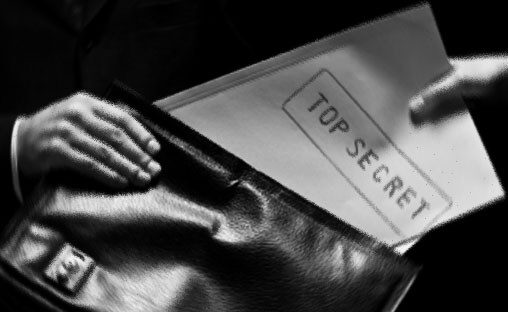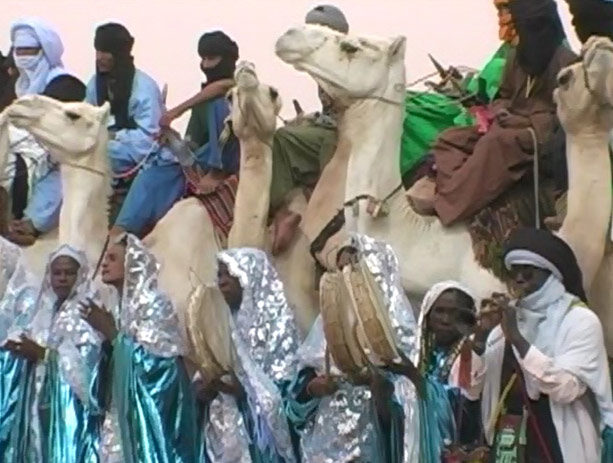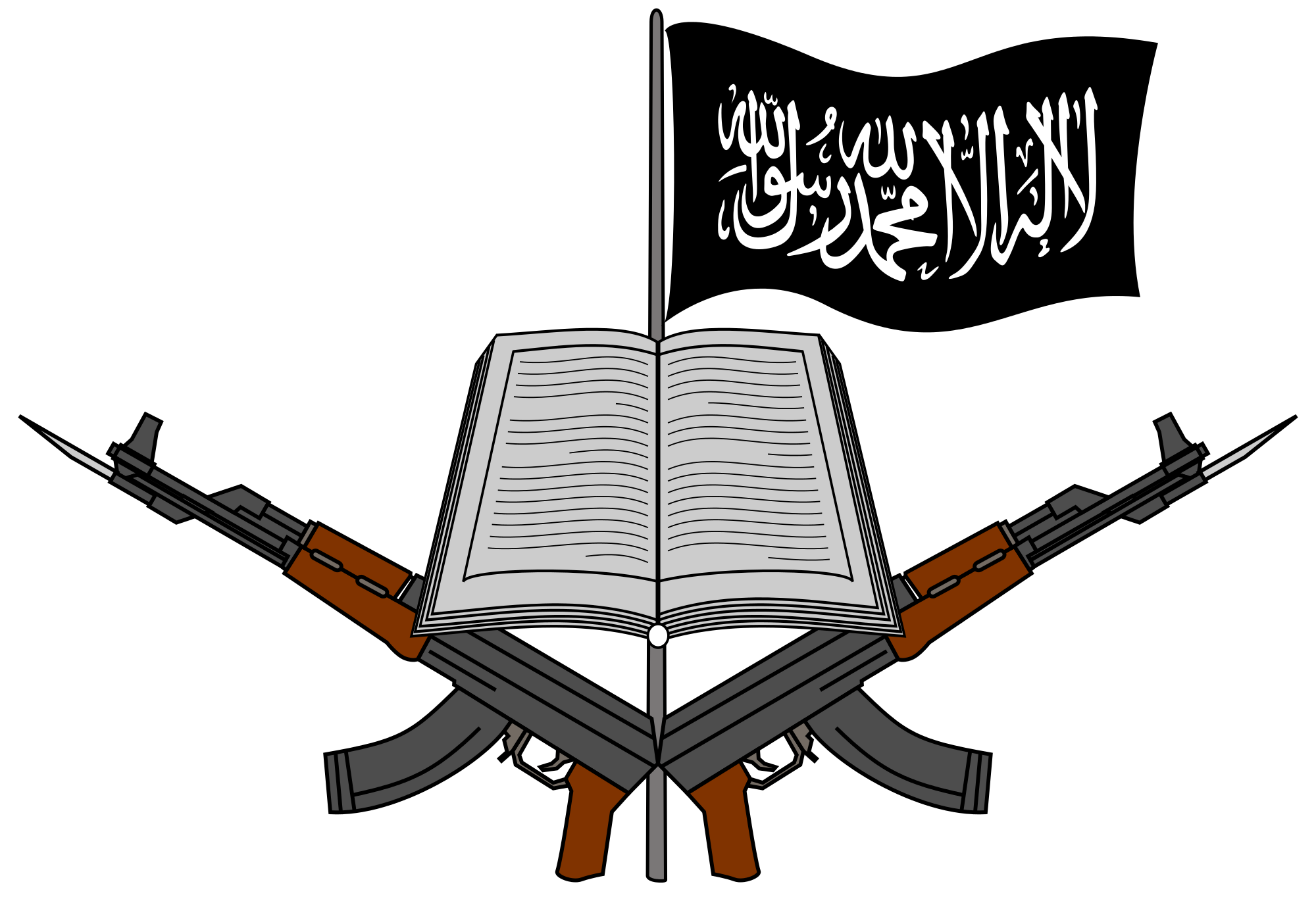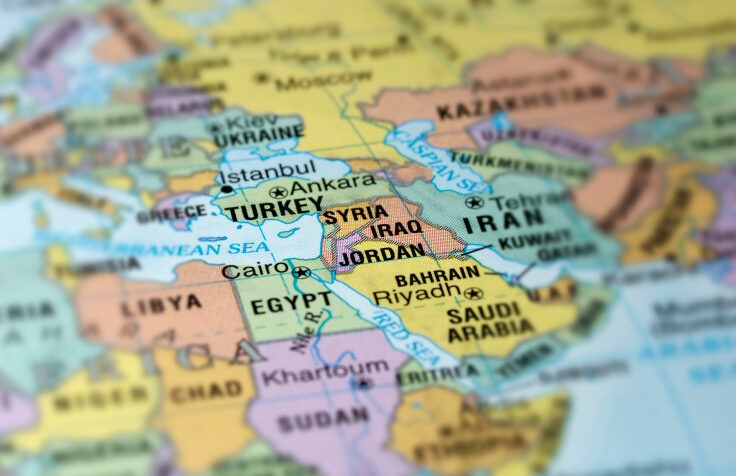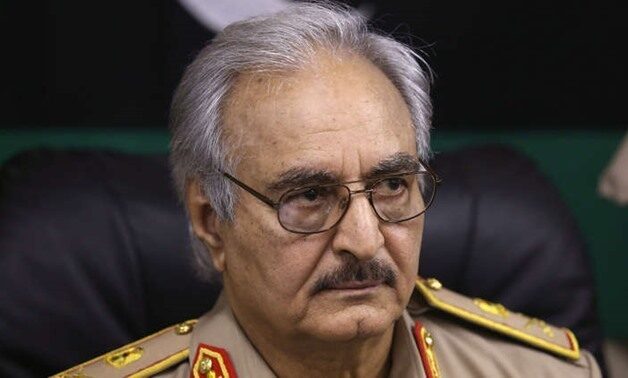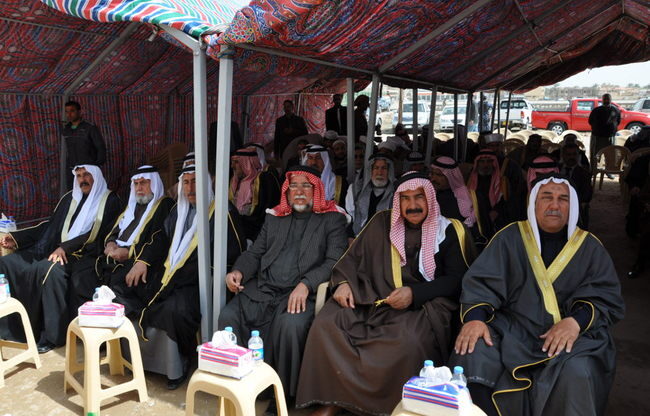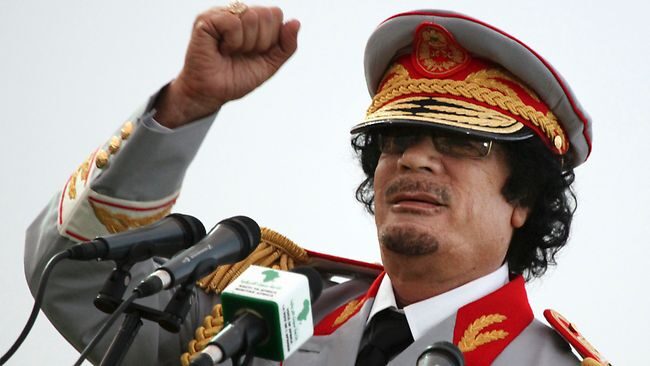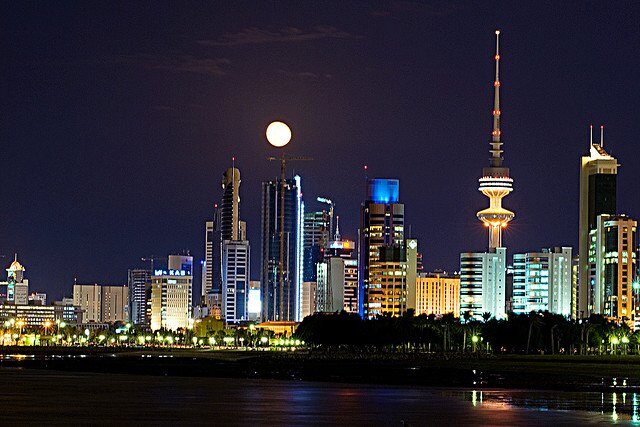GADDAFI’S DOWNFALL August 2003. The Libyan envoy to the United Nations, Ahmed Own, delivers the following letter to then President of the UN Security Council, Syrian Ambassador Mikhail Wehbe:...
Latest news
BEYOND THE DEAL ON THE IRANIAN NUCLEAR PROGRAM: CONCERNS AND...
THE DILEMMAS FACED BY US FOREIGN POLICY IN THE MIDDLE...
IS THERE A SOLUTION TO MOROCCO’S SAHARAWI PROBLEM? For...
On May 6th, 2009, the first repatriation of illegal immigrants...

